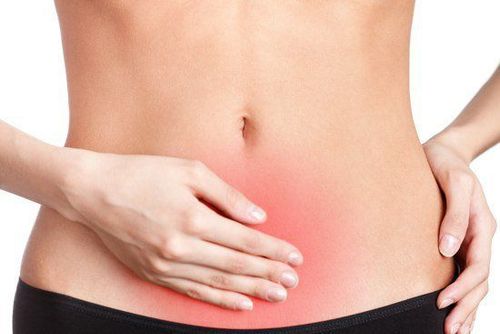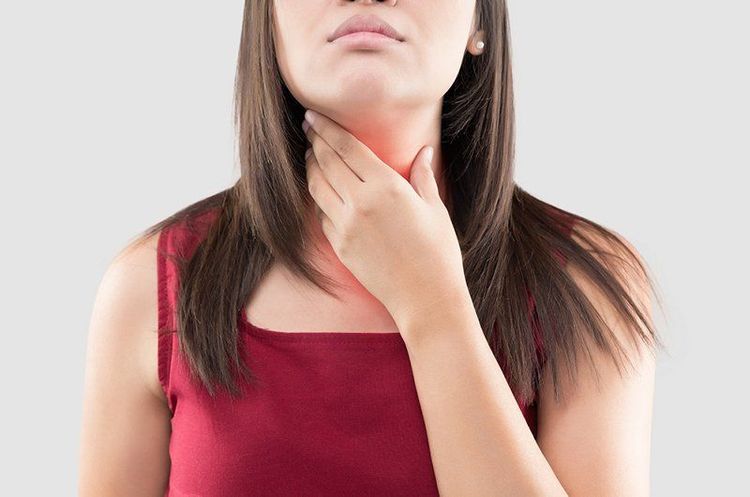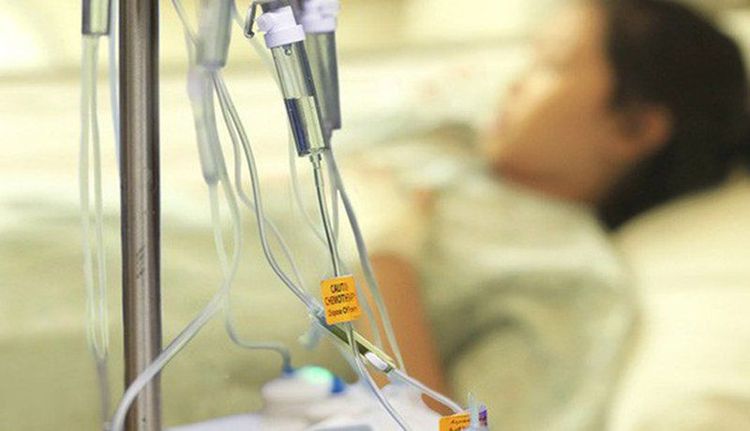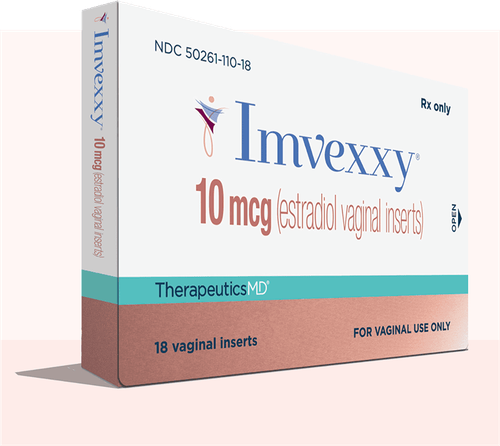This is an automatically translated article.
The average age at which natural menopause begins is 51, however, due to genetics, disease or treatments, some women reach menopause before the age of 40. Early menopause seriously affects a woman's life, quality of life and health.
1. What is menopause?
Most women start menopause sometime between the ages of 45 and 55. The average age of menopause in the US is 51.
Early menopause usually begins before age 45. Very early menopause or premature ovarian failure occurring before age 40. Menopause occurs when a woman's ovaries stop producing eggs, causing a drop in estrogen levels. Estrogen is a hormone that controls the reproductive cycle.
A woman is going through menopause when she has stopped menstruating for more than 12 months. But related symptoms, such as hot flashes, begin long before menopause and are called perimenopausal symptoms.
Anything that damages the ovaries or stops the production of estrogen can cause early menopause. This can be caused by cancer chemotherapy or surgery to remove the ovaries. In these cases, your doctor will help you prepare for early menopause. But you can also go through menopause even if your ovaries are still intact.

Những tổn thương đến buồng trứng có thể gây ra tình trạng mãn kinh sớm
2. What causes early menopause?
There are many causes of early menopause, although sometimes the cause cannot be identified.
Genetic factors If there is no obvious medical condition that causes early menopause, it may be due to genetics.
Knowing when your mother started menopause can help provide clues as to when you will begin the process. If your mother experienced early menopause, you are at risk for the same. However, genes are only part of the problem.
Lifestyle causes Several lifestyle factors can affect when you start menopause. Tobacco smoke causes a decrease in estrogen levels and contributes to the occurrence of early menopause.
A 2012 analysis of multiple studies found that people who smoke cigarettes for a long time and regularly have an earlier risk of menopause. Women who smoke may experience menopause 1 to 2 years earlier than non-smokers.
Body mass index (BMI) may also be a factor associated with early menopause. Estrogen is stored in adipose tissue. Thin women tend to have less estrogen in their stores and may run out prematurely.
Some studies also show that a person's vegetarian diet, little exercise, and little exposure to sunlight can all cause early menopause.

Phụ nữ hút thuốc lá có thể mãn kinh sớm hơnso với người không hút thuốc
Chromosomal defects Some chromosomal defects can lead to early menopause. For example, Turner syndrome (also known as monochromosomal X) involves being born with an incomplete chromosome. Women with Turner syndrome often have dysfunctional ovaries. This often causes them to go through menopause very early.
Other chromosomal defects can also cause early menopause. Includes severe gonadal dysplasia, a variant from Turner syndrome. In this condition, the ovaries are no longer functioning. Instead, cycles and secondary sexes are replaced by hormones, which usually take place during adolescence.
Women who have Fragile X syndrome (the X chromosome is easily broken), or who carry the disease gene, also often experience early menopause. This syndrome is passed down through generations in the family.
In the case of a person experiencing very early menopause or if someone in their family has experienced this process, it is necessary to see a specialist for advice on genetic testing.
Autoimmune diseases Early menopause can be a symptom of an autoimmune disease such as thyroid disease or rheumatism . This is when the immune system mistakes a part of the body as an invader and begins to attack the part of the body. The inflammation caused by these diseases can affect the functioning of the ovaries. Menopause begins when the ovaries stop working.

Phụ nữ mắc bệnh lý tự miễn có nguy cơ gây mãn kinh sớm
Natural decline in reproductive hormones As you approach your late 30s and 40s, your ovaries begin to produce less estrogen and progesterone – the hormones that regulate menstruation – and your fertility is reduced. In your 40s, your periods may become longer or shorter, heavier or lighter, more or less frequent, until eventually – around age 51, on average – your ovaries stop. produce eggs, and you will no longer have periods.
Hysterectomy Surgery to remove the uterus but keep the ovaries does not usually cause immediate menopause. Even if you no longer have periods, your ovaries still release eggs and produce estrogen and progesterone. But surgical removal of both the uterus and ovaries (total removal of the uterus and ovaries) causes immediate menopause. Your period will stop immediately and you will likely experience hot flashes or other signs and symptoms of menopause, and possibly severe. These hormone changes will happen suddenly rather than last for years
Chemotherapy and radiation These cancer treatments can trigger menopause and bring on symptoms like hot flashes during or for a short period of time after treatment. Menstruation (and fertility) don't always go away permanently after chemotherapy, so birth control methods are still promising.

Phương pháp hóa trị trong điều trị ung thư có thể ảnh hưởng đến quá trình mãn kinh ở phụ nữ
Primary ovarian failure About 1% of women will experience very early menopause before the age of 40. This is caused by primary ovarian failure – when the ovaries do not make the right amount of reproductive hormones. normal – due to genetic causes or autoimmune disease. But often there is no obvious cause. For these women, hormone therapy is generally recommended at least until the middle age of menopause to protect the brain, heart, and bones.
Customers can directly go to Vinmec Health system nationwide to visit or contact the hotline here for support.
Articles refer to sources: webmd.com, healthline.com, mayoclinic.org













